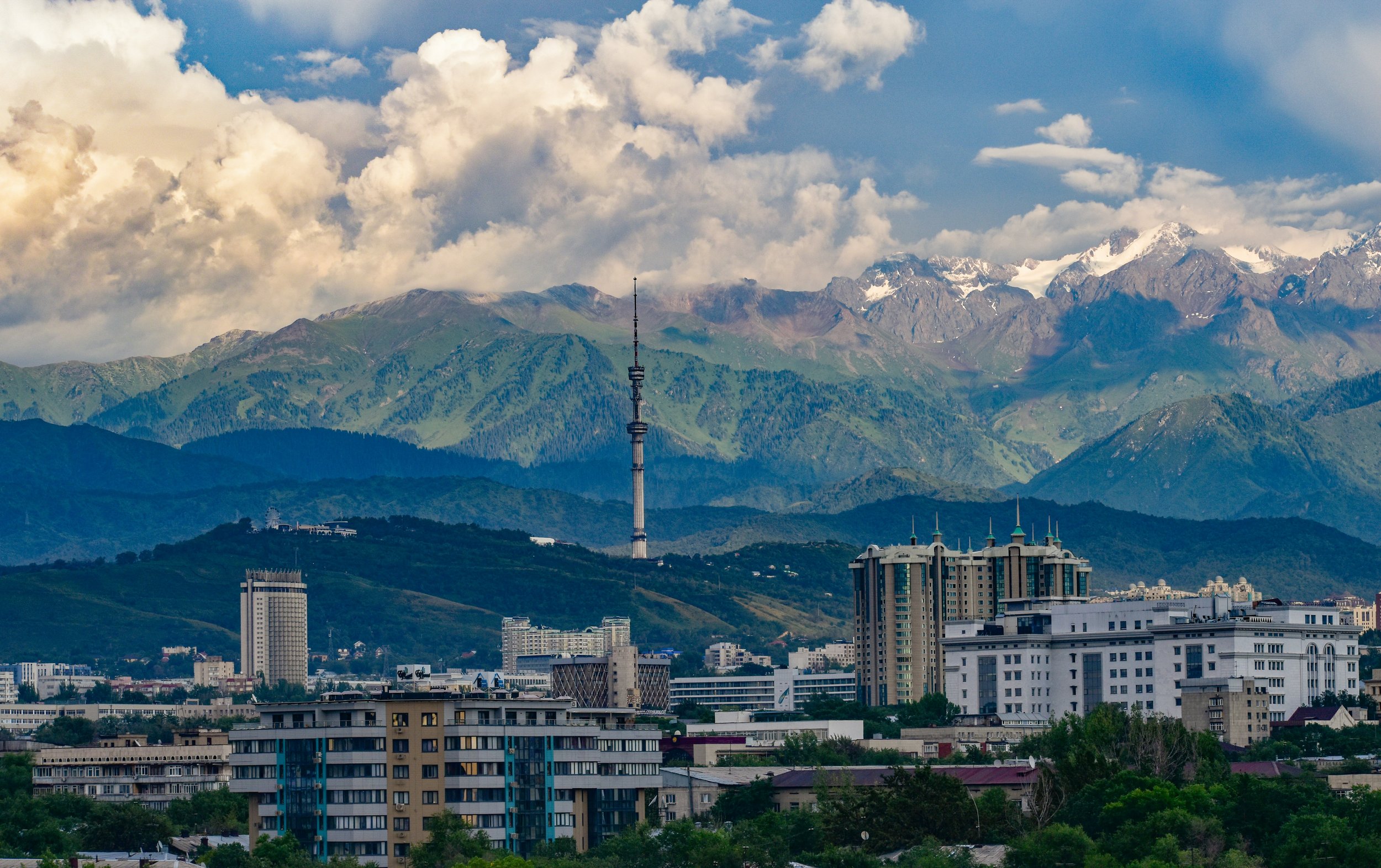
Blog
CHINA | KAZAKHSTAN | MYANMAR | CAMBODIA

How do telecom companies choose their suppliers?
Kazakhstan’s digital ecosystem, shaped by historical legacies, modular infrastructure, and a strategic balancing of suppliers, highlights how developing countries can navigate and sometimes resist binary geopolitical alignments. Its telecom firms actively negotiate between long-term goals and immediate challenges, creating distinct pathways in a world increasingly polarised between U.S. and Chinese tech

What, in reality, is the Digital Silk Road?
Since the DSR was introduced in 2015 as the digital component of the Belt and Road Initiative, it has been widely discussed in both the media and academia. However, despite the extensive coverage, a clear definition of it remains elusive. So, what, exactly, is the Digital Silk Road? In a newly published article in China Quarterly, Elisa Oreglia and Weidi Zheng begin to answer this question

BRI projects in extractive industries in Bolivia and Kazakhstan
In a recently published article in the European Journal of Development Research, authors examine the ways Chinese state capital accommodates host countries’ priorities, especially in fostering structural transformation through investments in the extractive sectors of Bolivia (lithium and iron/steel) and Kazakhstan (petrochemicals).

China-Central Asia cooperation in BRI scholarship
DIGISILK researcher Oyuna Baldakova explores how Chinese scholarship conceptualises the role of Central Asian states in the future of the Belt and Road Initiative (BRI). The regional analysis is based on three recently translated articles by Chinese universities and think tanks

Smart city in the making: How Almaty is turning data into a public resource
Almaty has been laying out ambitious plans to strengthen its position as a major socio-economic hub in Kazakhstan by transitioning into a smart city by 2025. The "Smart Almaty" initiative increasingly relies on digital data as a public resource, warranting critical examination into the deployment of the technologies and their social impacts.

China-West internet traffic trends and the role of interdisciplinary research
During my research fellowship, I delved into the complex world of internet traffic and connectivity patterns. This project aimed to investigate similarities and differences in internet traffic between Chinese and Western applications, a topic of significant importance in the digital age. My research involved data collection and analysis, and coding.

Global strategies of Chinese tech giants Alibaba, Tencent and Bytedance in the past decade
In the past decade, China’s leading tech companies have expanded globally. This analysis delves into the investment patterns of Chinese tech giants Alibaba, Tencent and Bytedance, offering insights into their overseas strategies as well as their evolution over time, and regional and sectoral preferences.

Third-party data tracking within applications in Myanmar
As a big and powerful neighbour, China has been an unescapable influence on Myanmar. Its presence can be felt in both the political and economic sectors. While China’s infrastructural investments are the most visible aspect of this influence, its increasing involvement in the digital development of the country has received less attention. For example, two of the nation’s largest telecoms, ATOM and Ooredoo, bought hardware primarily from Huawei and ZTE. Huawei’s technology has arguably enabled the development of Myanmar’s now largest mobile wallet application, KBZPay, while the Alibaba Group’s acquisition of Myanmar’s growing online shop Shop.com.mm has facilitated a boost to the nation’s e-commerce.

Bitcoin in the Steppes: Geopolitics behind Crypto Mining in Kazakhstan
In the steppes of northern Kazakhstan, to the south of Ekibastuz, a medium-sized city bordering a huge open-pit coal mine, lies the country's most powerful cryptocurrency mining farm. The thousands of processors inside, whose needs can reach 180 MW of electrical power, are connected to high-voltage power lines in Pavlodar province, the energy hub of Kazakhstan.

DFCA23: Exploring the Digital Future of Central Asia
Connectivity has become more essential than ever, but how is it evolving, what is working, what are the biggest challenges? DIGISILK, with the support of the ERC, and CCASC invited a group of academics, policy-makers, and NGO workers from Central Asia to discuss these topics for 2 days of closed and open-door sessions in Almaty, Kazakhstan, and online.